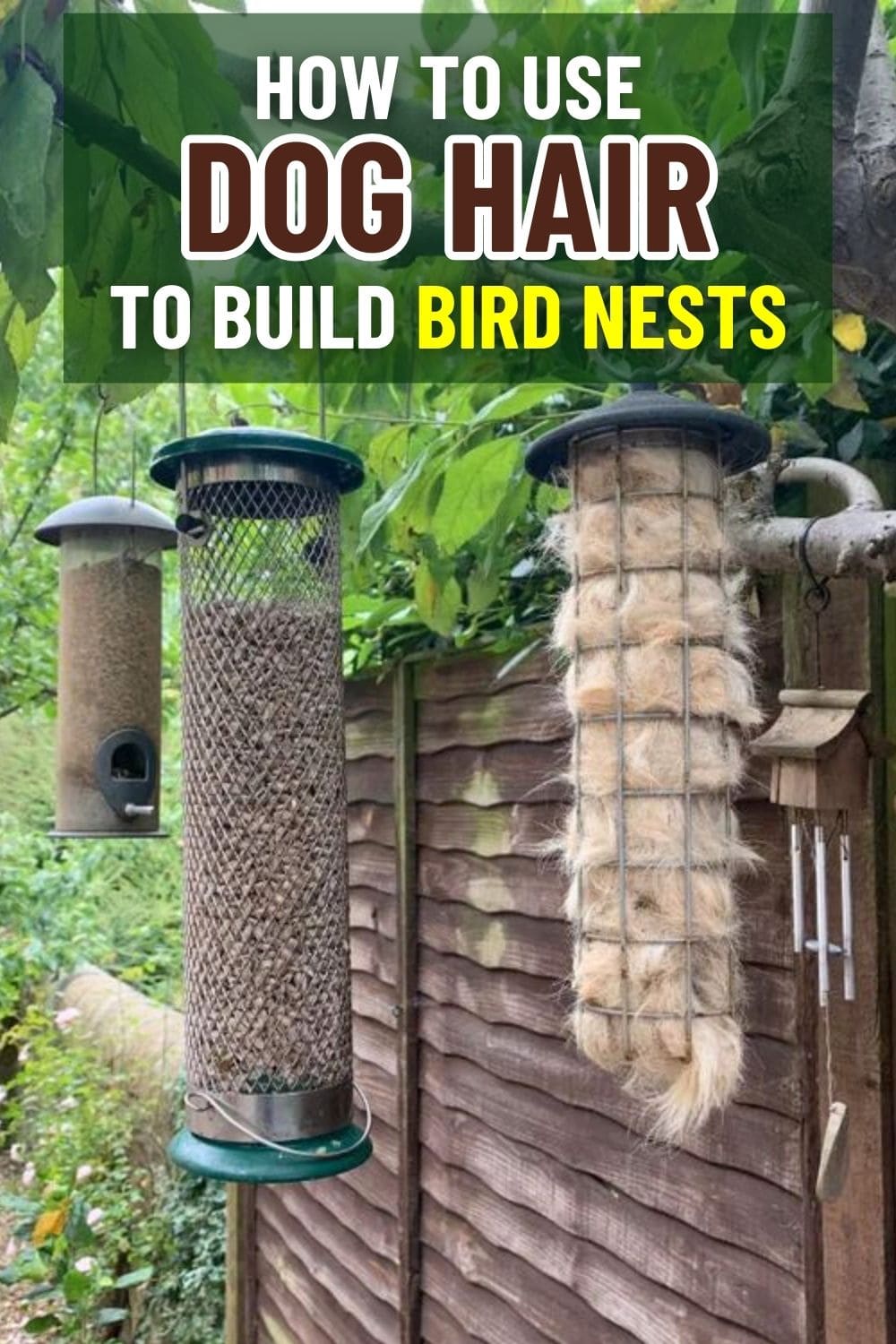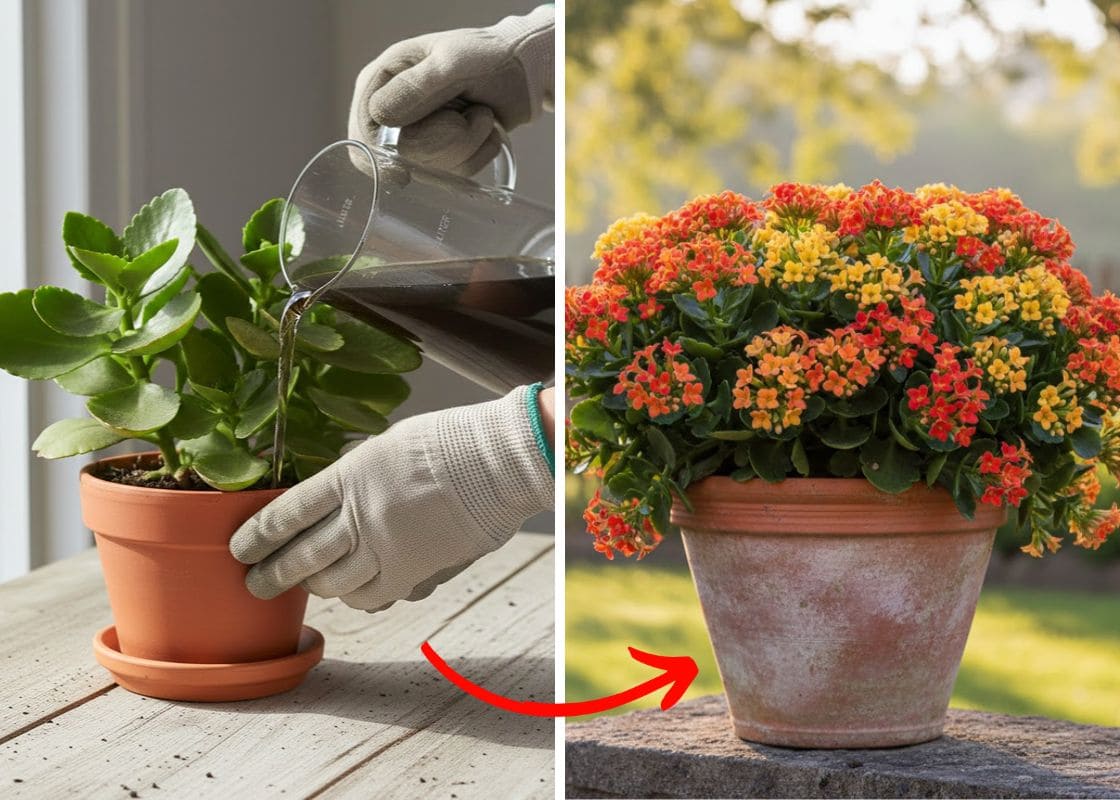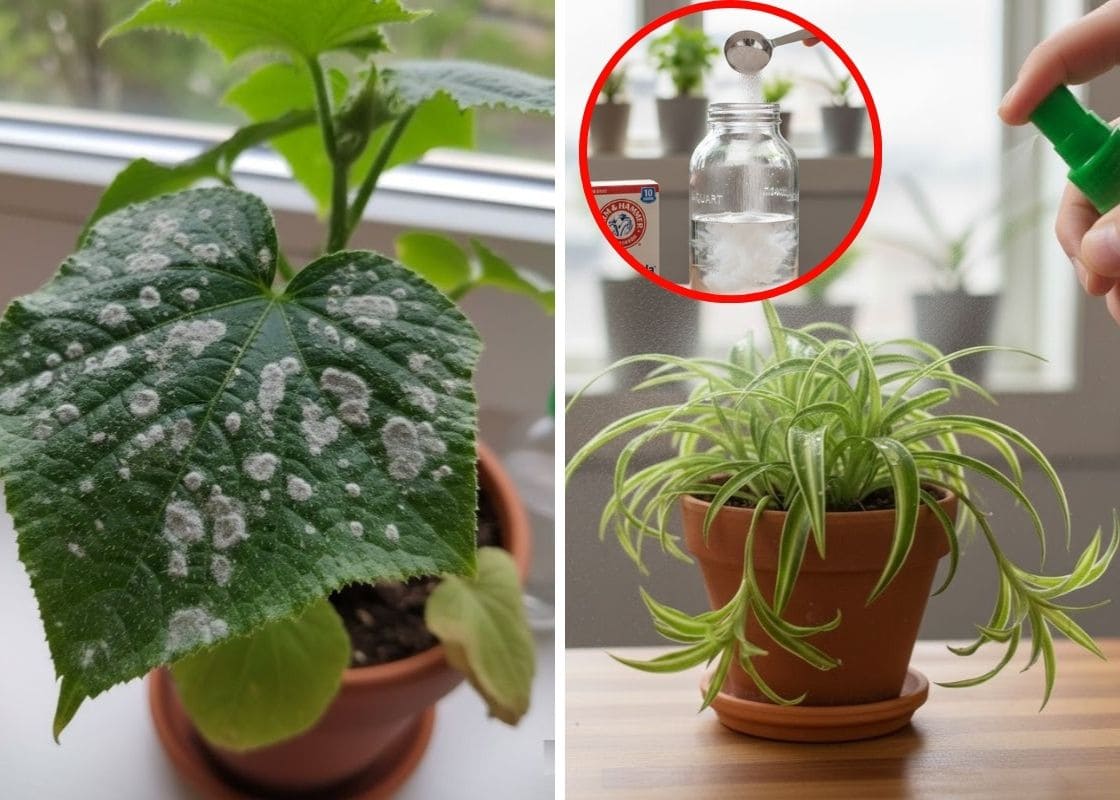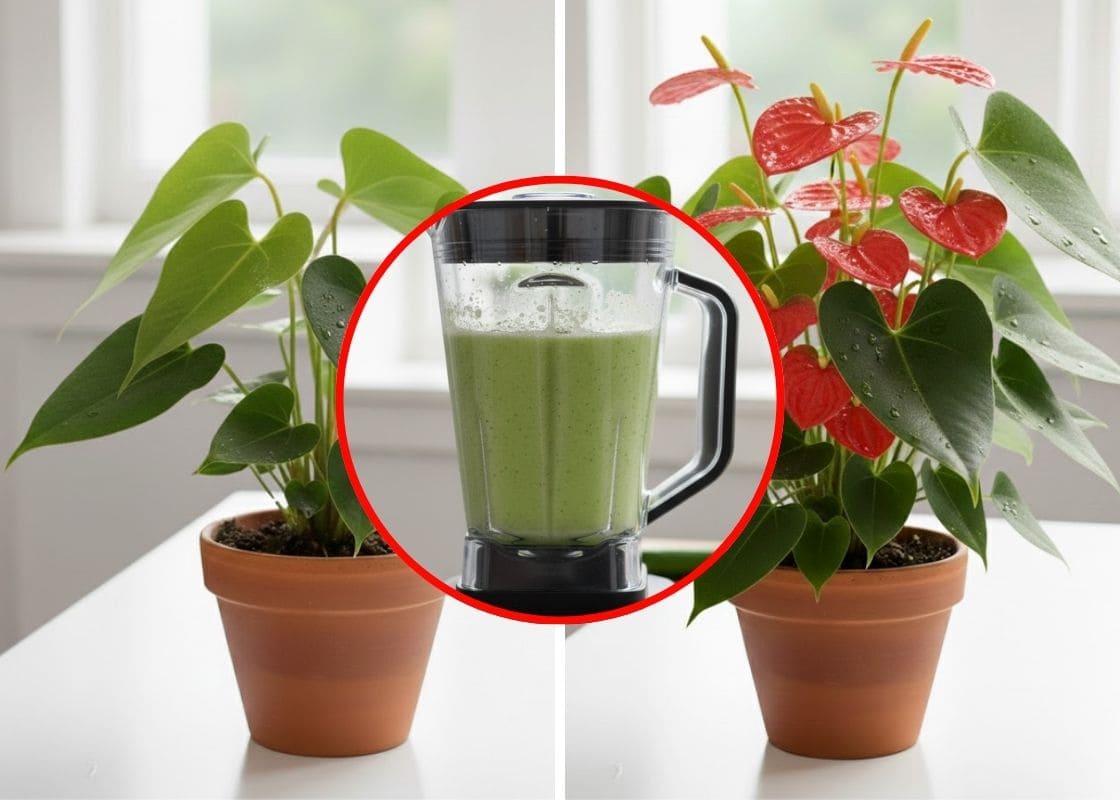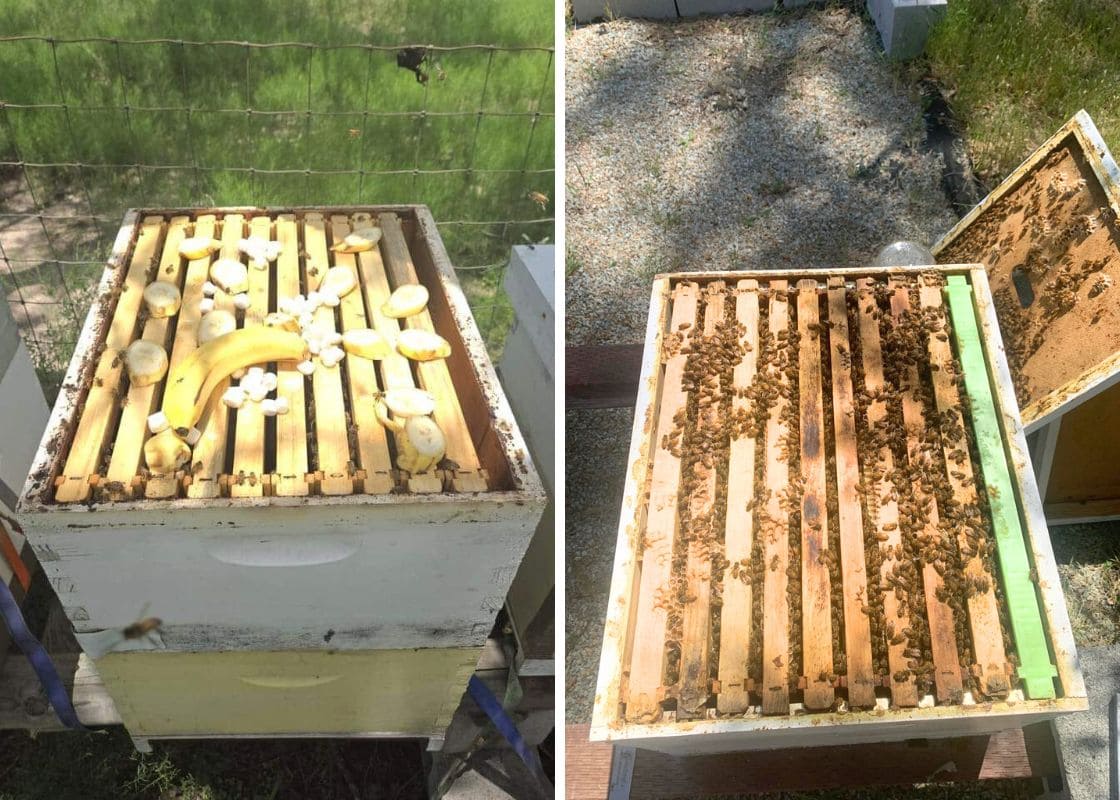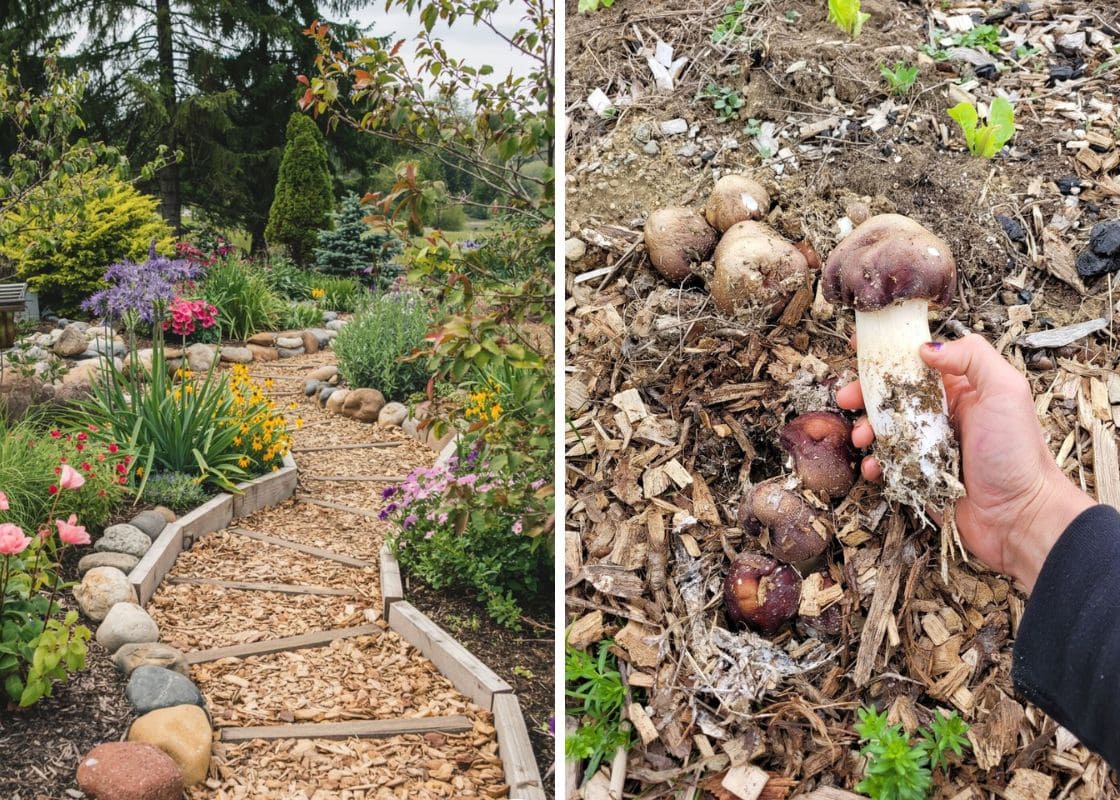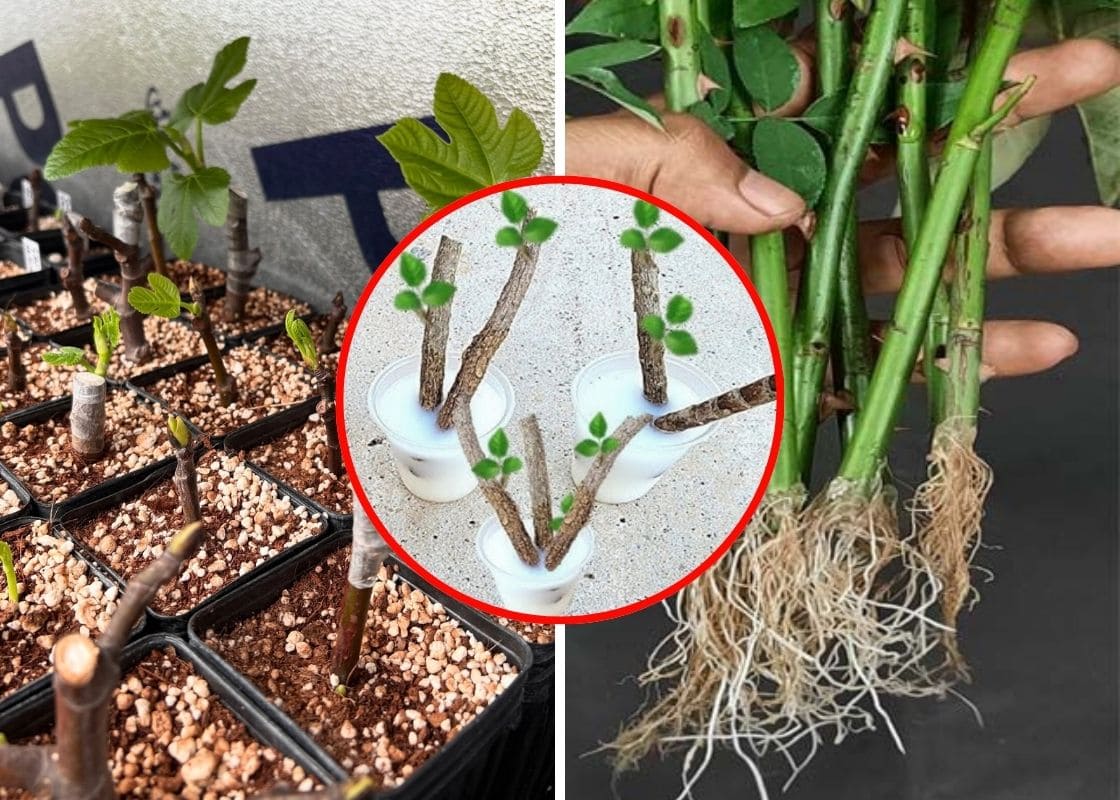If you live with a dog, you know that brushing turns into a fluffy mountain of fur that usually ends up in the trash.
But what if I told you those clumps of hair could become a lifeline for wild birds in your garden?
Instead of waste, your dog’s fur can be transformed into cozy bedding for tiny chicks.
Gardeners and bird lovers alike have discovered this simple trick, and the best part is you get to watch the results right outside your window.
Why Birds Love Dog Hair
Birds are master architects. When nesting season rolls around, they search for anything that will keep their fragile eggs and chicks safe.
Dog hair is a treasure for them as it’s soft, lightweight, and naturally insulating.
In early spring, when nights are still chilly, a tuft of dog fur tucked into a nest makes all the difference in keeping baby birds warm.
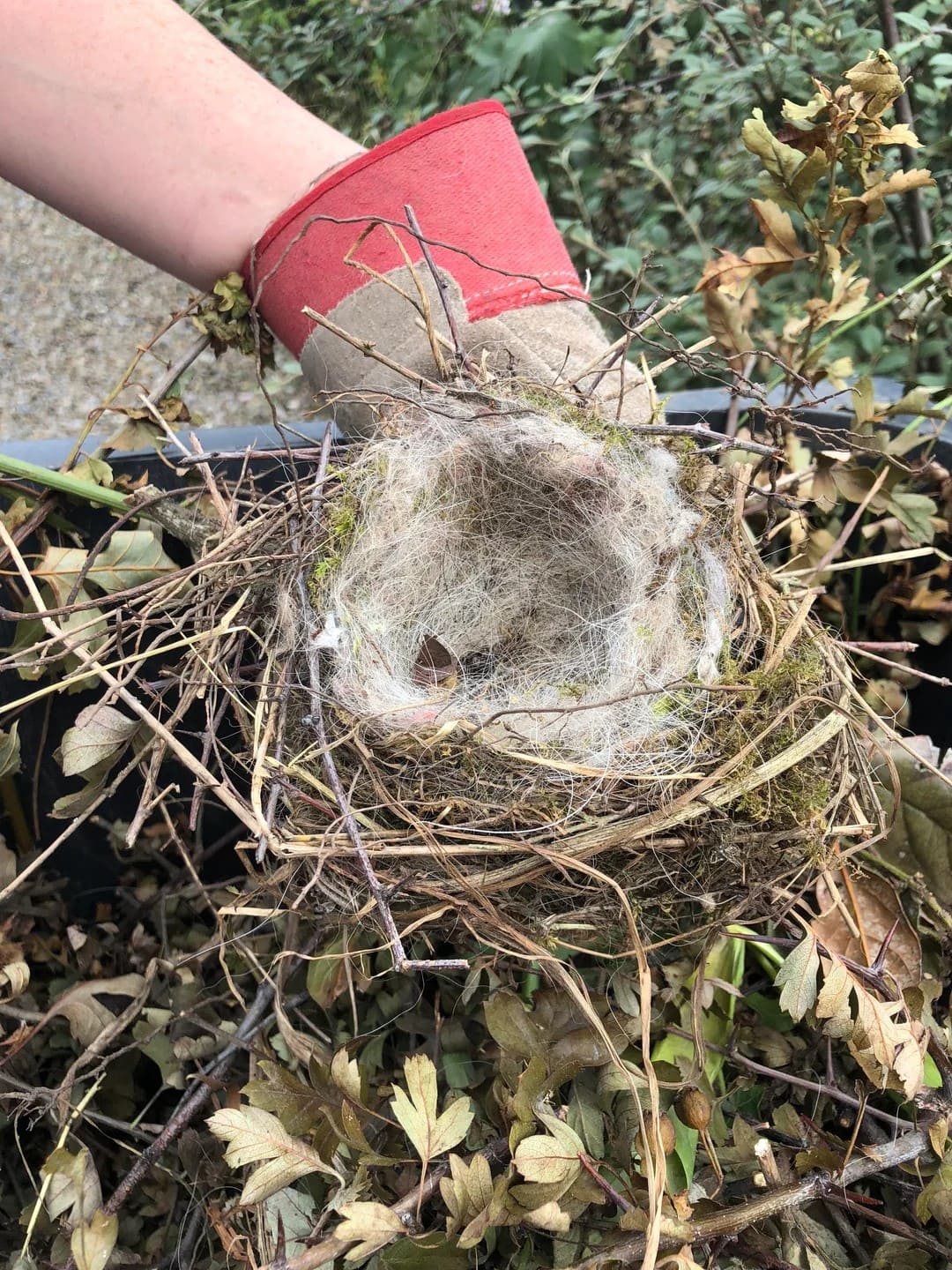
It’s also easy for them to work with.
Small birds like wrens, chickadees, finches, or sparrows can pull strands through their beaks and fly off with just the right amount.
Unlike synthetic fibers or dryer lint, which can get soggy or even trap moisture, dog hair is breathable and dries quickly after rain.
Collecting and Preparing Dog Hair
When you brush your dog, don’t throw that fur away, save it. The key is to make sure the hair is clean and safe before setting it out for birds.
Avoid using fur that has been treated with flea or tick medication, since chemical residue can be harmful to chicks.
If your dog has recently had a bath with strong shampoo or conditioner, it’s best to skip that batch too and wait until the coat is naturally fresh again.
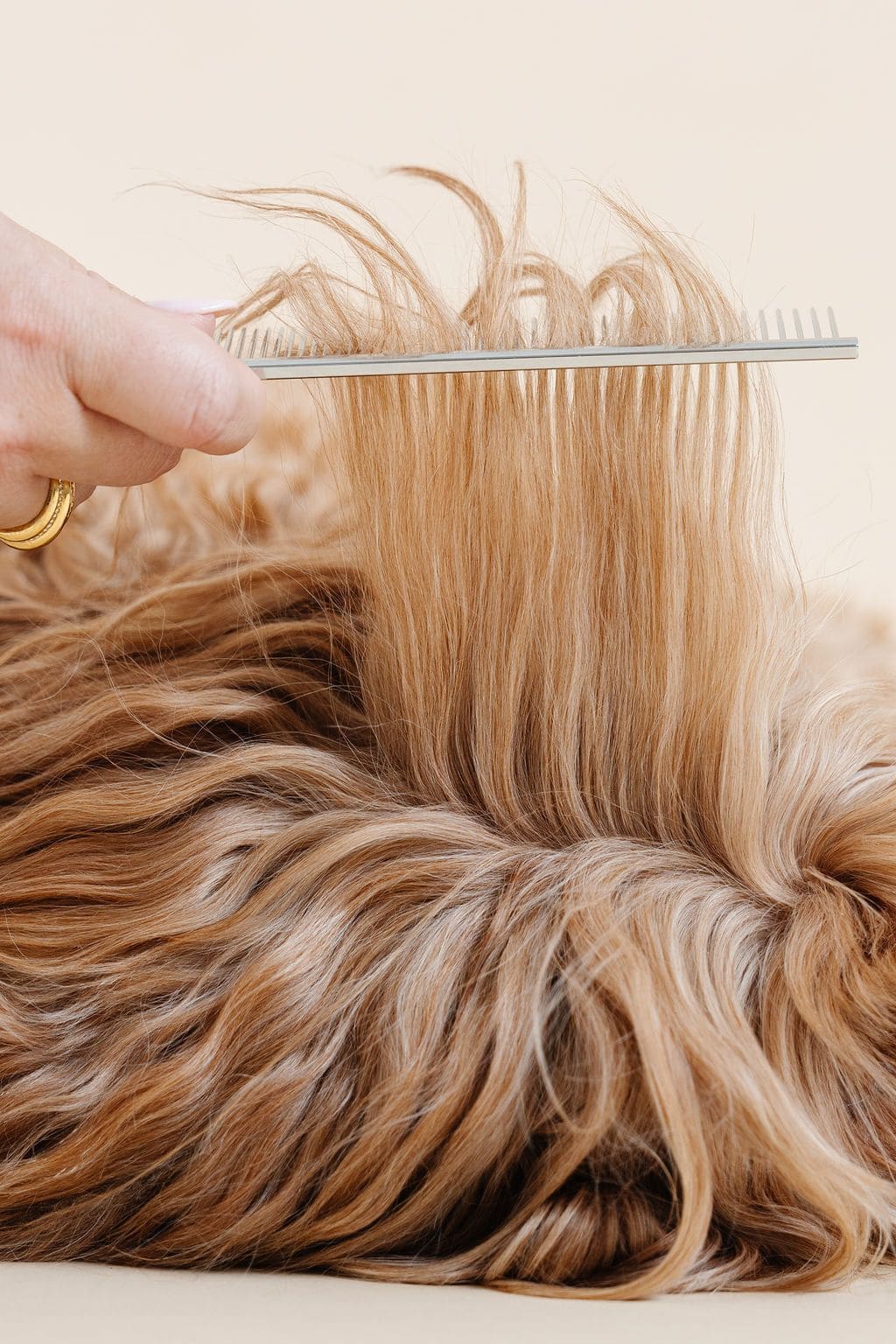
As you gather the fur, take a moment to shake out any twigs, leaves, or small mats. Birds need soft, loose fibers they can easily pull apart and weave into their nests.
Once you’ve collected a handful, keep it in a paper bag or open basket.
This allows airflow and prevents the hair from getting damp or musty, something that could ruin its usefulness later.
Plastic bags should be avoided because they trap moisture, and mildew can set in quickly.
The Best Ways to Offer Dog Hair
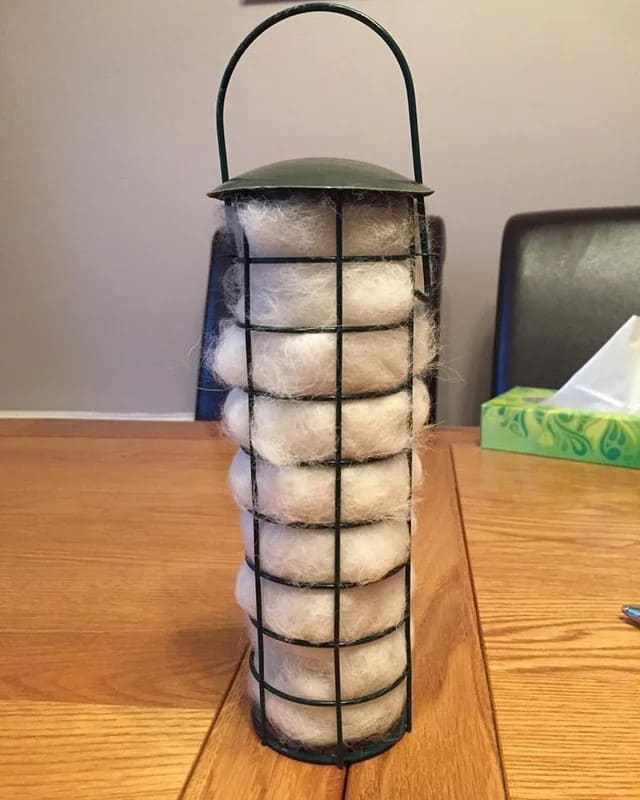
There’s no single right way to share dog fur with birds, which makes this method wonderfully flexible.
One simple approach is to repurpose an old suet cage or a wire bird feeder, filling it with tufts of hair.
Birds can pull strands directly through the openings, taking just what they need.
If you prefer something more rustic, an onion mesh bag tied to a branch works just as well.
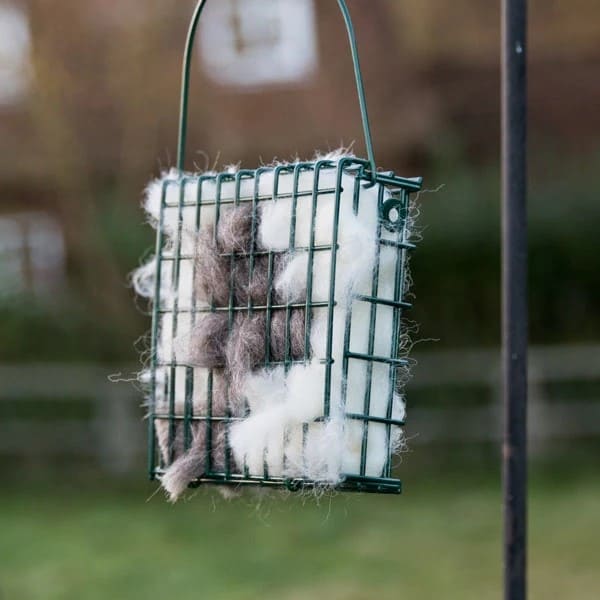
Gardeners often like the idea of setting out small clay pots filled with fur.
These pots can be tucked around patios, porches, or nestled into flowerbeds, where birds naturally hop and forage.
Some people even press little clumps into tree branches or hedge nooks to mimic how nesting materials might appear in the wild.
Wherever you place it, the birds will quickly figure out that your dog’s hair is a ready-made treasure for building a safe and cozy home.
The Right Time to Put Fur Out
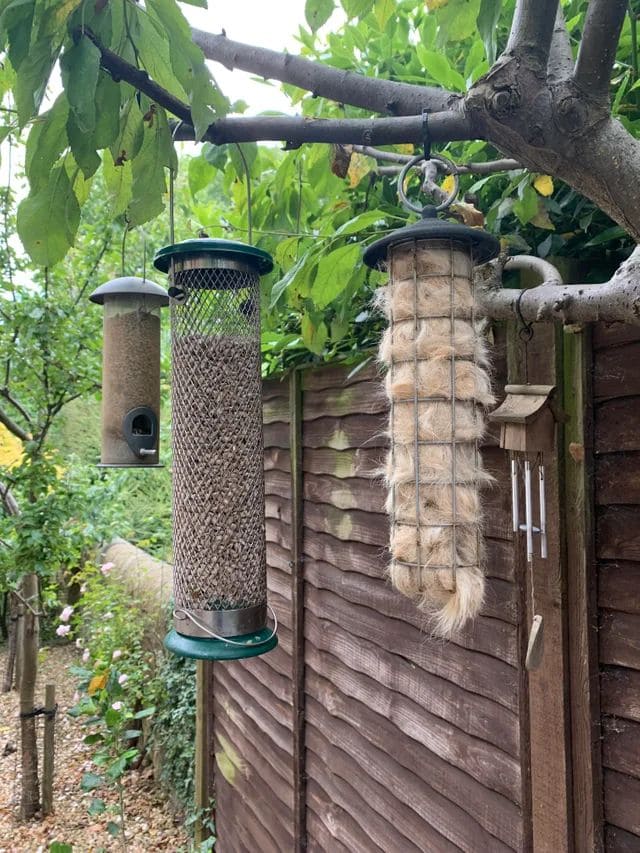
Spring is the prime season for offering dog hair since most birds are actively building nests.
But don’t stop there as many species have multiple broods throughout summer, and after heavy rains or storms, they often need fresh materials for repairs.
A pot of dog fur set out from March through August can make a big difference.
Birds That Appreciate the Help
The list is long, but you’ll most often see small songbirds making use of the fur.
Wrens will weave it into the walls of their nests, robins line their cups with it, and chickadees tuck it right beneath their eggs for warmth.
Each bird has its own style, but all of them appreciate the comfort your pup unknowingly provides.
Precautions You Should Know
As natural as this idea is, there are a few things to watch out for:
- No chemical exposure: Never use hair from dogs that have been treated with topical flea or tick product as it could harm chicks.
- Avoid long strands: Cut down long clumps if necessary; very long hairs may tangle around tiny legs or wings.
- Keep it safe: Place feeders or pots high enough to be out of reach from neighborhood cats.
- Don’t mix in synthetics: Skip dryer lint, yarn, or plastics. They may seem soft, but they hold water and mold easily.
Refer to: 20 DIY Birdhouse Ideas That’ll Make Birds Flock to Your Garden
